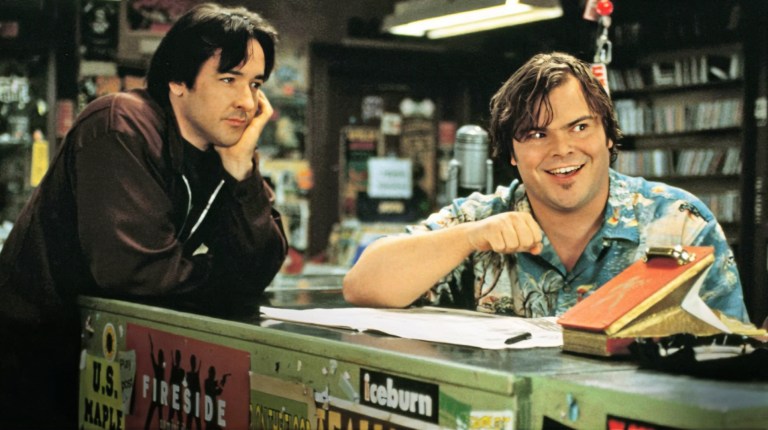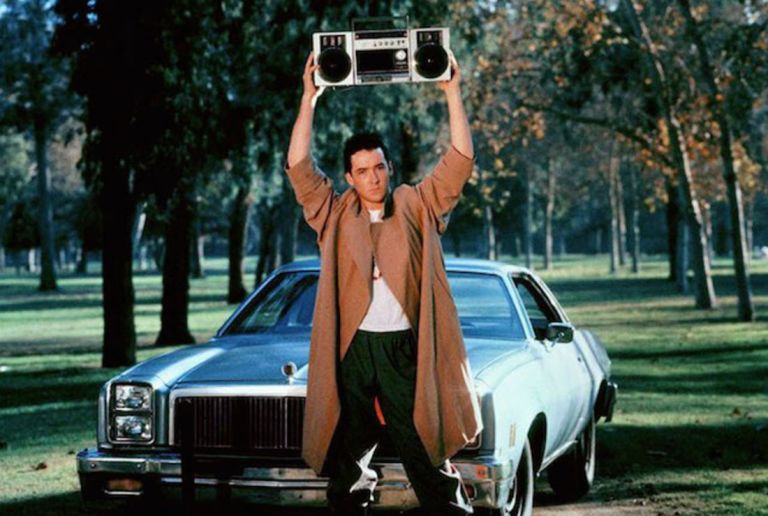
This Is The Side Of Living With Herpes That No One Talks About (But We All Should)
The stigma of genital herpes overshadowed pieces of myself that I vowed I’d never lose sight of—my confidence, my weirdness, my true sense of self.
1. Hitting some type of rock bottom is inevitable at some point.
It could be a day, a month, or even years. At some point, the stigma will hit you, and it will hit hard. It’s okay to let yourself feel the brunt of the pain, and to cry yourself to sleep at night. Is it the end of the world? No. Does it feel like it? Sure does, especially upon first receiving the news. Should you have to feel this way? No, but whether tears stem from the physical pain of an outbreak, or the pain that you find rooted in fear of the future, there will be a sense of hopelessness.
2. There is potential for an identity crisis.
I went through a lot of phases after my diagnosis. From, “It can’t be herpes” to, “I’m fine” to, “It’s about time I own this.” Each phase was accompanied by a different self-projected image of myself. Although I love expression through fashion and beauty trends, wearing black lipstick from Christmas to New Years was a bit extreme. My unspoken feelings manifested themselves in my external expression of self. I believe it is important to go with the flow in this sense, as our feelings and emotions are difficult beasts to confront, especially when the world tells you to remain silent in shame.
3. People won’t always get it, and they don’t have to.
Someone will always find something to say about who you are and the actions you choose to take in your life. Since publicly stating my HSV2 status, my criticism mainly stemmed from my personal blog. Be they members from my small town, trolls on twitter, or conservatives on the internet, they all shared one thing in common—they didn’t believe in my cause or viewpoint. I know my purpose and that there are people who identify with it, people who see its value—I know its value, and that’s enough for me to continue pursuing my activist endeavors.
4. Internet resources can be your best friend and worst enemy.
I fell asleep every night researching herpes, herpes transmission, and blood test results on the internet. Every so often, I still find myself falling asleep suffocated by research. As much valuable information as there is available, there is as much invaluable information. Opinions can be published as fact, which are usually the articles that instill the most fear and sense of shame. It is important to be able to discern the credited sources from those that are out-of-date and lack accuracy.
5. People see me as somewhat of a safe space. I value it greatly.
I am one of many safe spaces in this community. I became a safe space as soon as I revealed my diagnosis on Facebook and other forms of social media. Men and women from across the United States, and even the world, shared their diagnoses and stories with me. This is something truly valuable to me, because there is a fear in disclosure. No matter how confident we may be with our diagnosis, there is always a fear in how someone else will react. No matter what someone is battling, it is always comforting to have someone to turn to who understands your situation, someone who has been there before. This is why it is also of importance to have voices besides my own, a heterosexual white woman’s.
6. It really is as common as they say.
You probably know someone with herpes, whether the virus presents itself genitally, or in the form of cold sores. I would say that around every two to three weeks, I receive a message from someone whom I know personally about their diagnosis or scare, just looking for someone to talk to, someone who understands. We always see the statistics as to how many individuals are infected, but it becomes reality when tied together with real-life moments like these.
7. The more people I told, the easier it became for me to accept it as an insignificant reality in my life.
Herpes is an awkward word, but the more I said it, and the more I talked about it, the more comfortable I became with it. Surprisingly, the more others started talking about it, too. It was no longer something I needed to remain quiet about out of fear of what someone might think. It was just another word, just another virus.
8. I never needed the guy who gave it to me to get through it.
All I wanted was to talk about our shared disease. Someone who would get it, someone to listen to me and let me cry. After all, we were going through this diagnosis together, right? But that’s the problem, he didn’t even want to go through it alone. His absence forced me to dig within myself and find the strength to move beyond him and the infection he gave me.
9. Touch and being touched won’t be the same for a while.
I remember going to the gym after I received the phone call from the nurse that I did indeed have herpes. The gym is one of my sanctuaries—a place to which I can escape and refocus from the demons I’m battling in my life. There is a particular moment that I remember when a trainer simply brushed my shoulder in front of the Stairmaster, and I couldn’t take it. I glared at him as if he knew, as if he did it on purpose. I still carried pain between my legs, and disgust filled my body. In addition to apprehension of another’s touch, I was even more concerned with my own. A thriving sexuality was put on hold for many, many months because I didn’t think I was worthy of that pleasure.
10. I’m worth it, more so now than before.
The stigma of genital herpes overshadowed pieces of myself that I vowed I’d never lose sight of—my confidence, my weirdness, my true sense of self. I internally degraded my body, mind, and spirit because I inhaled the stigma and let it encompass me. Like that black lipstick I dawned during the holidays, I dressed myself in stigma each day. The day I went public with my diagnosis was the day I learned that I could survive on my own. I learned to be cautious with whom I spend my time with, and take note of who invests their time in me. I slowly relearned the music of my body. As I rekindled the sexual side of myself, I found that others still recognized my innate sexuality, too. There is such a thing as a sex life post-herpes, even with someone who does not carry the virus. There are people who will accept you, all of you, and see you as worthy of both pleasure and affection.
I am worthy of many things besides my sexuality, though. I find it funny how it took the physical manifestation of the herpes virus for me to come full-circle with the idea of self-love. Life has given me many positives in the last year, besides the herpes virus. I am surrounded by a supportive group of friends, a network of HSV+ women who share similar visions as myself, and family members who support my strange passion to change the world. I am stronger in my affirmations and am more focused on my goals and what I need to sacrifice in order to achieve them. While I shed layers of my old self and several toxic individuals in 2015, I have in exchange, gained a stronger sense of independence and purpose in my journey ahead. ![]()











